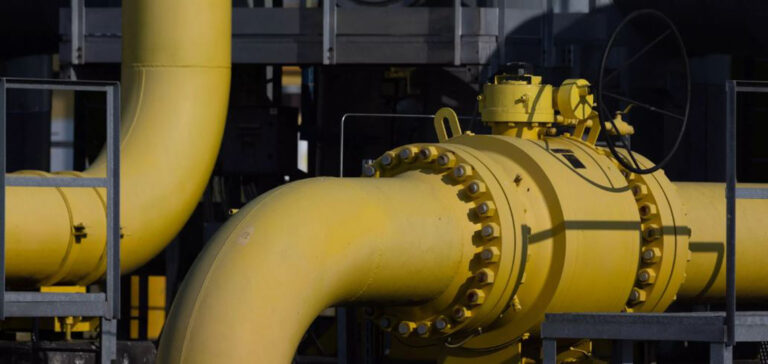A gas pipeline explosion in northeastern Syria, near a US base, was orchestrated by Iranian-backed groups, according to the Syrian Observatory for Human Rights. The incident occurred near the Conoco gas plant, located in an area controlled by Kurdish forces.
Background to the incident
The American base hit by the explosion is one of many installed by the US-led coalition in Syria since its intervention in 2014 to fight the Islamic State (IS) group. These bases include strategic sites such as the Al-Omar oil field, the country’s largest, and a base inside the Conoco gas field, both of which are under the control of Kurdish forces.
Recent incidents in Iraq
Fortunately, the pipeline explosion caused no casualties, but it does raise concerns about escalating tensions in the region. The situation is further complicated by the fact that the US military recently announced that it had shot down two drones and damaged a third in Iraq in the last 24 hours. Although the origin of these drones has not been specified, pro-Iranian groups have threatened to attack US troops in Iraq in response to Washington’s support for Israel in the ongoing conflict with Hamas.
International tensions
These incidents are taking place against a backdrop of international tensions exacerbated by the recent bombing of a hospital in the Gaza Strip, which resulted in the loss of many lives. Hamas has accused Israel of being responsible for the tragedy, while Israel claims that a failed rocket fire from another Palestinian armed group, Islamic Jihad, was the cause.
Financial and energy impact
The gas pipeline explosion in Syria raises important questions about international relations and regional stability. The consequences of these acts of aggression could have a significant financial and energy impact, making this situation all the more crucial. It’s essential to keep a close eye on these developments and their financial and energy implications, as they could have global repercussions.
In conclusion, recent developments in Syria highlight the complexity of geopolitical relations in the region. The situation is volatile, and it is essential to follow events closely as they unfold to understand their potential impact on financial markets and energy supply. The long-term implications of these tensions remain uncertain, but they are a reminder of the importance of stability and diplomacy in today’s world.






















